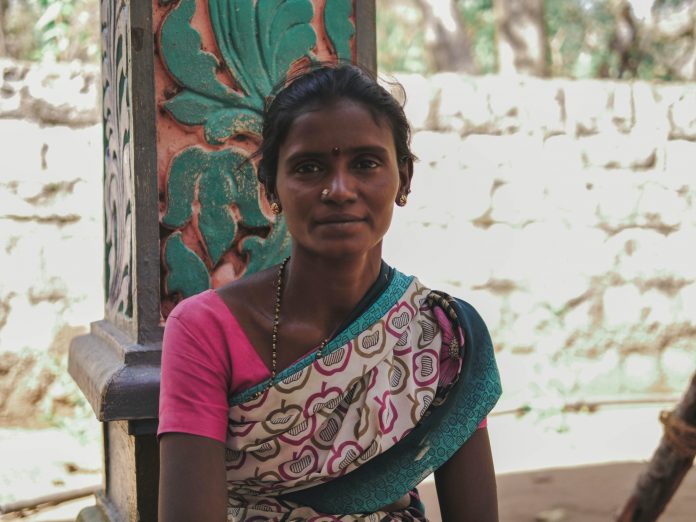Nowadays, financial services are equally vital as quality education, safe water and healthcare services to aid people grasping advantages of modern economy. In last few decades, the finance sector witnessed significant transformation with substantial innovations, which social change we could hardly thought of in earlier ages trapped by caste conflicts. A few extensionist, social workers, anthropologist and religious missionaries were handful exceptions. The steady transformation of visitor’s profile enabled the embryonic revolution in development finance, further providing a strong platform for social banking.
Recognizing financial inclusion as a powerful tool of the development ecosystem, the bankers initiated visiting rural outskirts on a massive scale to economically empower villagers with soft credit that can be useful to come out of the circle of poverty and debt trap of moneylenders. Having shared a common client pool, both the missionaries and bankers leaned towards exploring villages with notions avoiding the grassroot realities and local dynamics. Though the populist politicians initially terminated this financial revolution, but gradually they understood its critical importance in development ecosystem and also as shield of protection against current economic deadweight.
The Concept & Emergence of Mann Deshi Bank:
With times, a prosperous opportunity in development finance became clearly visible to the third sector organizations. Among the wide array of development activists, Chetna Sinha emerged as a visionary economist by establishing the Mann Deshi Mahila Sahakari Bank in Satara of Maharashtra in 1997. This was the first bank by, of and for the rural women in India.
Further in its journey, this bank availed the service of Rekha Kulkarni, the present CEO of the same. Her life too was full of turmoil and rigorous struggle. This was the first kind of thought at its time, which now has a wide network of 2 lakh account holders across 8 branches with all-time credit grant of Rs. 500 crores. This became a very successful model, much-admired by the Harvard Business School and the Reserve Bank of India (RBI). She has also delivered lectures on this model bank at the yards of Yale and Harvard.
Initially, both of them faced several challenges in setting up their ideas to the present grandeur. But both were highly determined on their long-term vision and calculated risks. They knew that affordable credit can take low-income households out of poverty cycle to build assets and protect their lives and livelihoods. Alongside, well-designed insurance cover can enable them to be resilient against economic shocks like illness, unemployment or disasters like Covid-19 pandemic.
Why financial services tailored to ‘WOMEN’?
The Mann Deshi bank had a clear vision of providing sustainable, equitable and resilient finance support system. Their ideology was to set up a bank, designed and governed by the poor women exclusively. Recognizing and valuing the specific challenges and concerns unique to women, they crafted specific products customized financial products according to their precise requirements. Acknowledging the prevailing gender inequality and distressed financial journey of women, they provided timely and hassle-free credit to the poor women of Satara through reformist and behavioural approach instead of regular red-tapism. They also developed one unique product, named as wealth card that indicates customer’s net worth or assets.
Way Forward:
Chetna, founder of Mann Deshi bank, devised two novel mantras: firstly, not to provide poor solutions to poor people ever. Secondly, invest in women so that poor rural women can also become a regular part and parcel of financial inclusion like others. The new normal aftermath covid-19 raises questions regarding the unknowns of regaining businesses by its clients and the face of recovery post lockdown. But the utmost hope lies in the determination and resilience of women. Though vulnerabilities and fragilities form a major part of their lives, still every time they proved they can and they cope. Both the banking system and the clients are expected to build back better post covid-19 situation.
